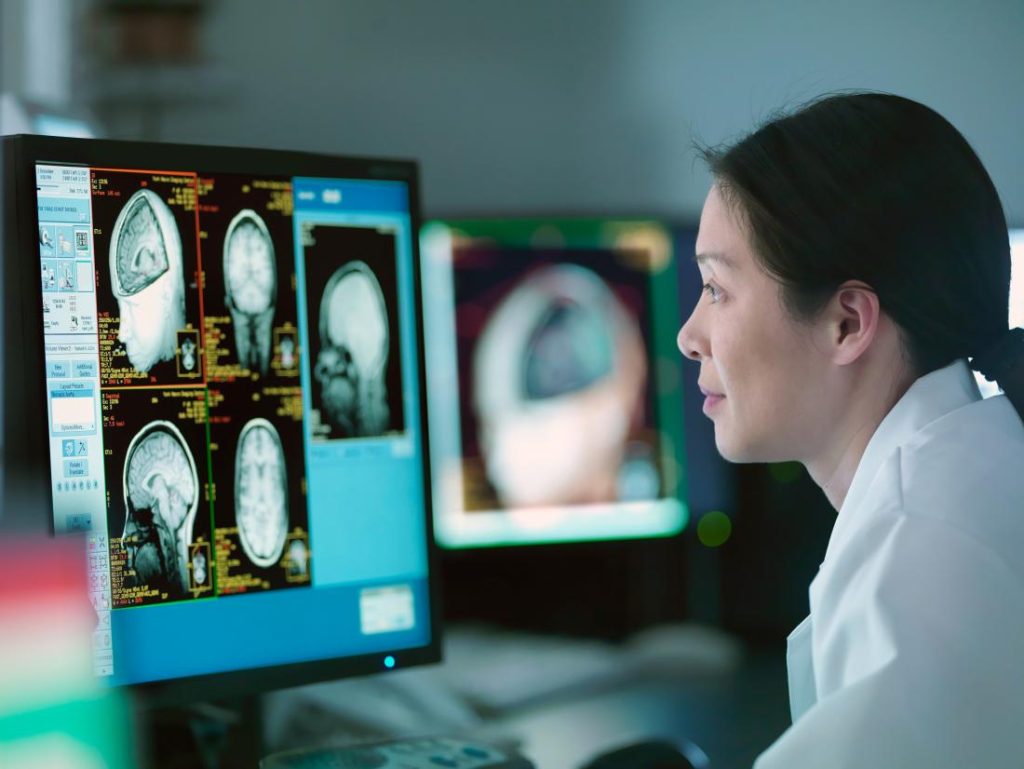
Imagine waking up one morning, pain-free after years of chronic discomfort. Picture the joy on your face, the thrill in your heart, the spring in your step. That’s the kind of transformation a Regenerative Medicine Specialist can bring to your life. Especially, when they harness the power of cutting-edge treatments like stem cell therapy newport. This isn’t a fairy tale – it’s a medical breakthrough, and it’s happening right now.
The Science of Healing
Regenerative medicine isn’t magic. It’s the science of using the body’s own healing mechanisms to restore health. The key? Cells. Not just any cells, but stem cells. These are the building blocks of life. They have the potential to become any cell type in the body. Muscle cells, nerve cells, skin cells – you name it.
How Stem Cell Therapy Works
Stem cell therapy involves taking these potent cells and injecting them into areas of the body that need healing. It’s like sending in the cavalry. The stem cells rush to the injured area and begin transforming into the cell type needed to repair the damage. Picture it as a team of expert builders rushing to a construction site, ready to fix whatever is broken.…



